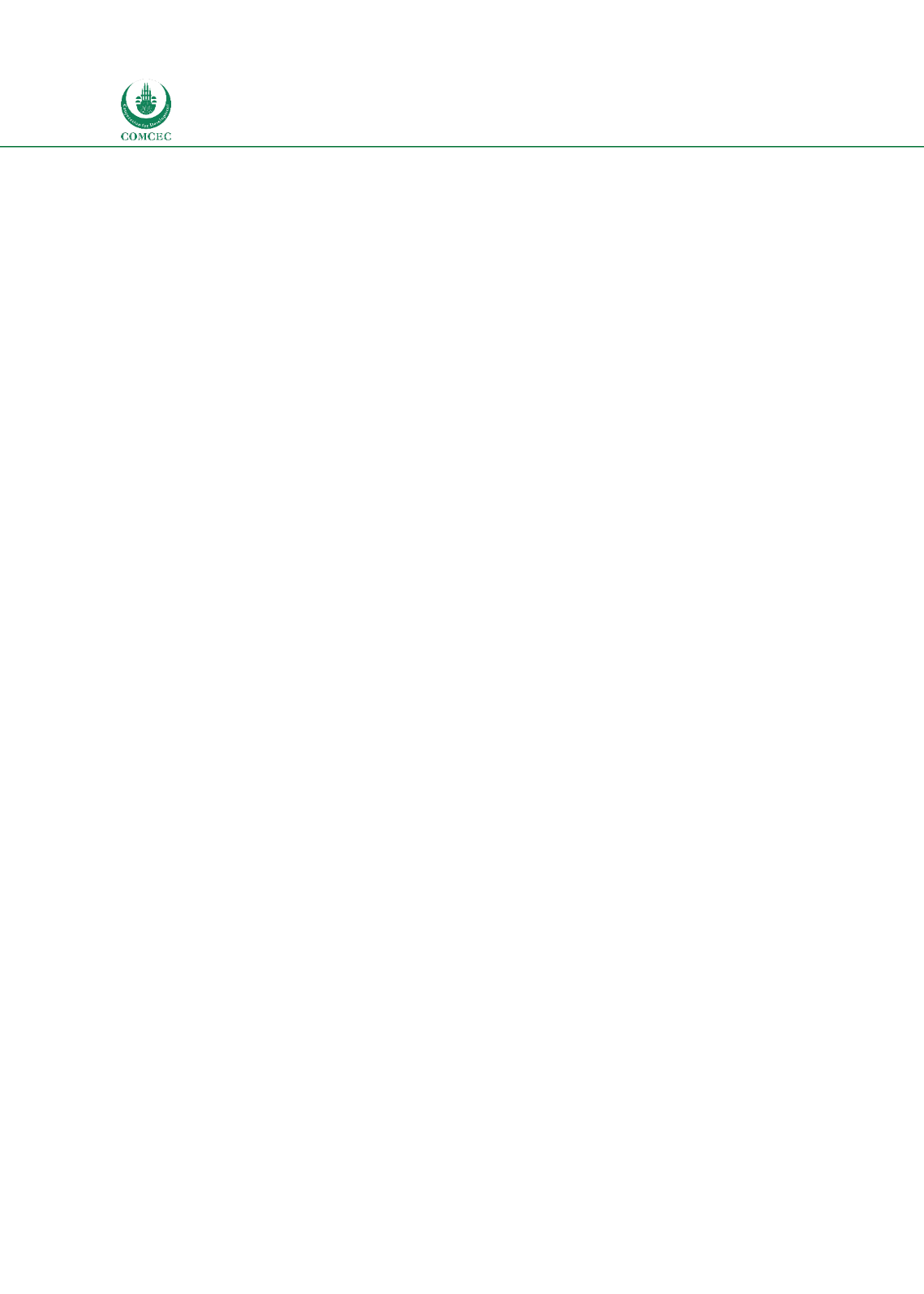

National and Global Islamic Financial Architecture:
Problems and Possible Solutions for the OIC Member Countries
118
NBP and some other banks. It is also not clear that the GOP would be in a position to honor this
guarantee in a timely and orderly manner in the event of a failure of one or more large banks.
However, the State Bank Act provides SBP with a wide range of corrective measures in the
event a bank conducts operations without due regard to safety and soundness or fails to
comply with the Banking Companies Ordinance and SBP’s Prudential Regulations. In recent
years, SBP has successfully acted to resolve a number of smaller distressed banks using a
variety of the methods available. If offsite surveillance or onsite inspection indicate signs of
widespread weaknesses and the affairs of any banking company being conducted in a manner
are detrimental to the interests of the depositors or in a manner prejudicial to the interests of
the banking company, the State Bank, under the terms of Section 41 of the Banking Companies
Ordinance, can remove and supersede the board of directors.
Banks are required to have their financial Diagnostic Review of Consumer Protection and
Financial Literacy statements audited by external auditors on the panel maintained by the
State Bank for the purposes of auditing banking companies under Section 35 of the Banking
Companies Ordinance and submit them to the State Bank. Submission of wrong or misleading
information leads to action against banks and auditors under the provisions of the Banking
Companies Ordinance.
4.7.7. Human Capital & Knowledge Development Framework
To cater to the developmental needs of potential and existing workforce in Islamic banking,
SBP launched in 2005 a three weeks rigorous Islamic Banking Certification Course at National
Institute of Banking & Finance (NIBAF), training arm of the SBP. The course is aimed at
building the capacity of bankers to deliver Islamic banking products and services, and, so far,
over 35 batches of professional bankers have been certified. Keeping in view its relevance and
importance in enhancing the capabilities of the banks’ incumbents, it is now being offered to
bankers from other countries as well.
SBP conducted a survey based study; “Knowledge, Attitude and Practices of Islamic Finance in
Pakistan (KAP)” during 2015. According to the study there is an overwhelming demand for
Islamic banking in Pakistan by both retail and corporate sectors. The Islamic banking industry
in Pakistan, in collaboration with SBP, has been running a mass media campaign for the
promotion of Islamic banking. After the successful launch of the first phase in 2013, a second
phase was launched in December 2014 which focused more on education, awareness, and
improving the understanding of Islamic banking and finance. The second phase involved
advertisements in newspapers, radio and the distribution of brochures and placement of roll-
up standees in IBIs’ branches.
In order to ensure the adequate supply of trained human resource to the industry, SBP in
collaboration with GOP, Industry and other stakeholders through support of the Department
for International Development (DFID) U.K has established, in the third phase, three Centers of
Excellence for Islamic Banking and Finance Education (CEIFEs) in three universities. The
centers will have comprehensive set of educational and training programs for various audience
groups, state of the art research facilities, and would provide good a knowledge environment.
Under this initiative, the grantee institutions will perform a wide range of activities including
setting-up exclusive Islamic Finance education and research infrastructure, curriculum
















